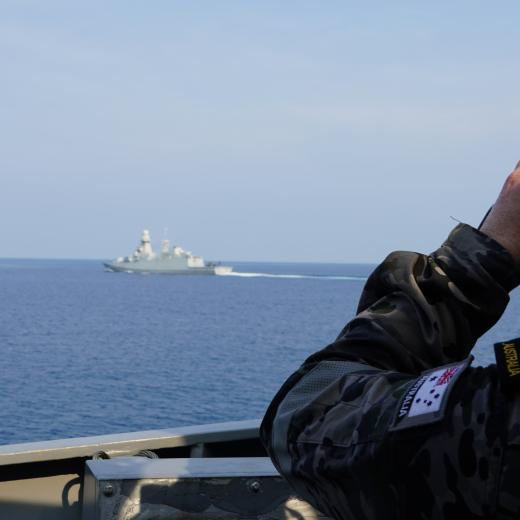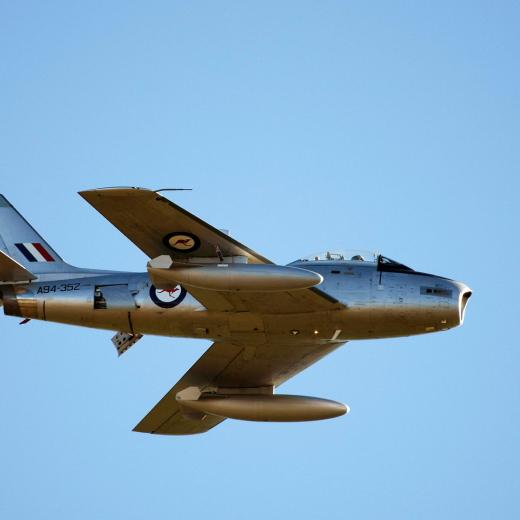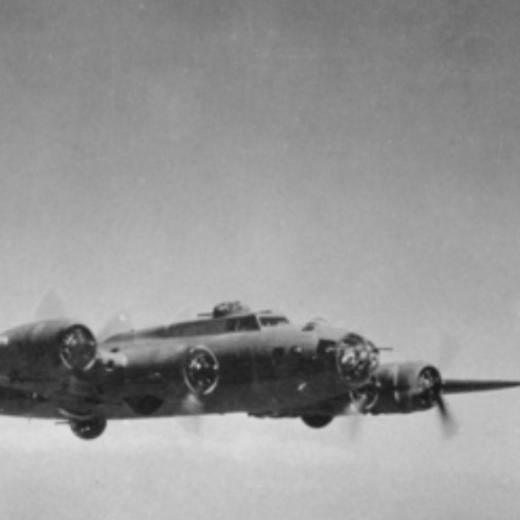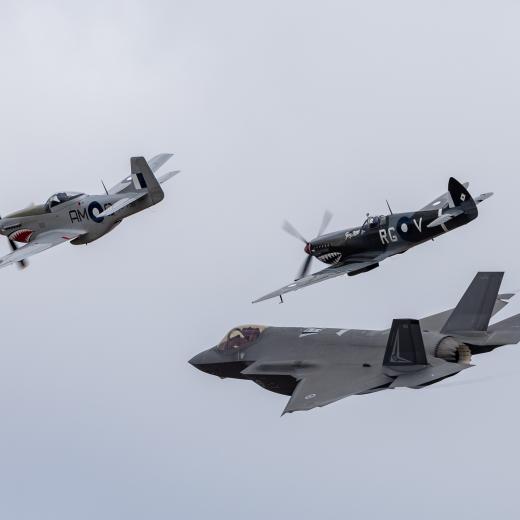BLUF
Eliot Cohen argues that the best geo-strategic outcomes are achieved when the military is subjected to effective political control. Cohen examines Lincoln, Clemenceau, Churchill and Ben Gurion to support his case.Summary
This article is a book review by Patrick J Garrity that reassesses Eliot Cohen's "Supreme Command: Soldiers, Statesmen, and Leadership in Wartime" and makes the following points:
- Concerns civil-military relations.
- It Covers Abraham Lincoln, Georges Clemenceau, Winston Churchill, and David Ben-Gurion.
- Contrary to conventional wisdom, argues senior politicians should know the details of war and war planning.
- Supreme Command was published soon after September 11, 2001.
- It seems President George W. Bush was influenced by it to embark on a radical program of military adventurism.
- In previous American theories of civil-military relations, soldiers were isolated from politics but militarily given a free hand.
- Cohen argues that Prussian military theorist von Clausewitz's dictum should translate as "war is not merely an act of policy but a true political instrument, a continuation of political intercourse, carried on with other means."
- Churchill wrote, 'At the summit, true politics and strategy are one."
- Lincoln chose General Ulysses S. Grant because he had a similar approach to war.
- Clemenceau was involved in balancing the strategies of his offensive and defensive generals.
- Ben-Gurion forced his military commanders to transition from insurgent to conventional warfare during ongoing operations.
- All the above mastered the details of war so they could ask intelligent, challenging, and uncomfortable questions of military officers.
- All were able to use speeches to explain and inspire, so ordinary people were part of 'the great, democratic dialogue between civilian and military leaders.'
- Better civil-military dialogue would have avoided the scale of the Vietnam War fiasco.
- In the Iraq War of 2003, Secretary of Defence Rumsfeld put into practice his military approach focused on special operations, airpower, and a limited rapid, heavy armoured attack.
- Cohen notes that [A] pundit should not recommend a policy without adequate regard for the ability of those in charge to execute it. (Eliot Cohen)
References
- MILITARY HISTORY: INDEX of PAGES AND COLLECTIONS ON THE RAAF RUNWAY
- JUN 2021 America’s Broken Civil-Military Relationship Imperils National Security- Foreign Affairs
- FEB 2022 Closing The Civil-Military Trust Gap- War on the Rocks.
- SPRING 2022 Civil-Military Relations: Guidelines in Politically Charged Societies-US Army War College Quarterly
- Australian Civil Military Centre





